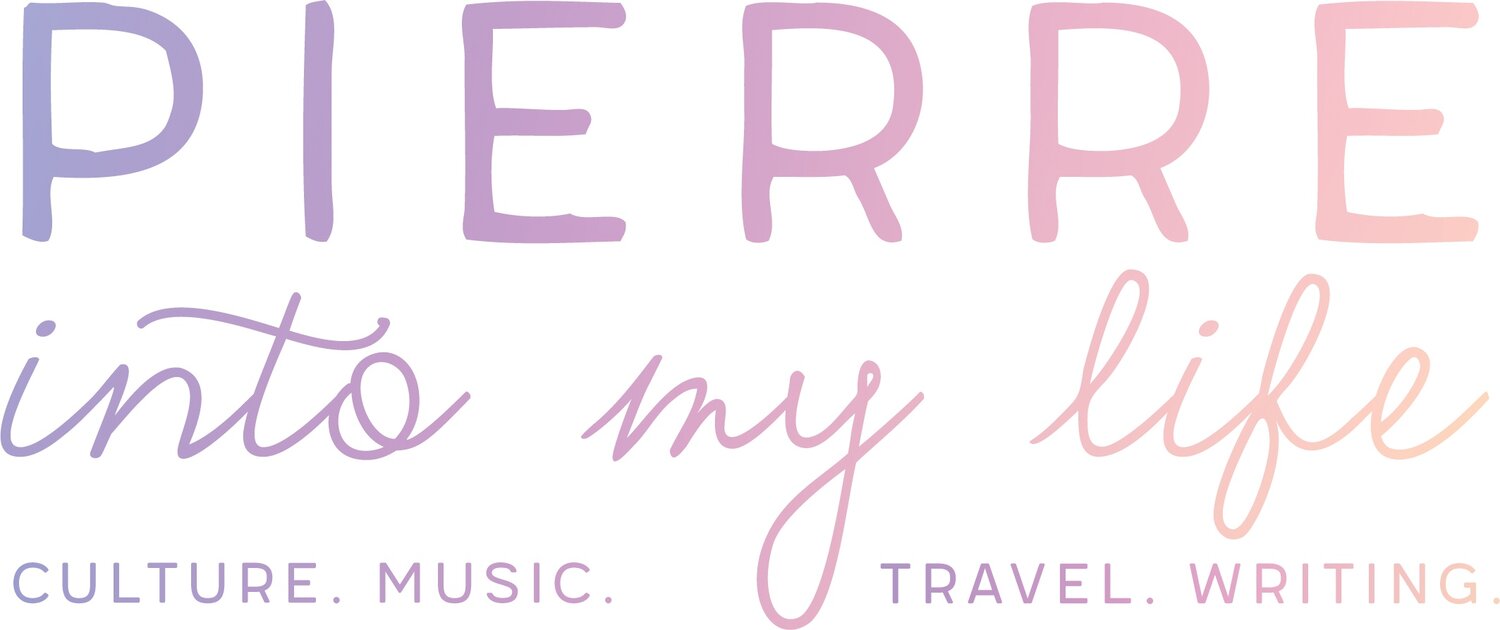In January 2016, The Academy of Motion Picture Arts and Science announced its nominees of the best of the best in film. Out of the 24 categories, The Academy failed to acknowledge any minority actors, producers, director, etc. despite the year of many highly acclaimed films about black lives including Straight Outta Compton, Creed and Beast of No Nation. But two years later, due to a hashtag, it has changed the landscape for Hollywood and The Academy to be held accountable for inclusion.
After the nominations were announced, Twitter set on fire with outraged of The Academy’s lack of black nominees. April Reign ignited the hashtag, #OscarsSoWhite and not only created a Trending Topic on the site but also a movement within social media and Hollywood. Because of #OscarsSoWhite and many black people within Hollywood and fans of films, decided to boycott watching and attending the Oscars of the year. The backlash caused Hollywood an uproar to begin looking at what is considered Oscar worthy and what is not, and if certain films are acclaimed and nominated solely on race. That following year, The Academy’s president Cheryl Boone, decide to shake things up with adding more members to the committee that reflects more of what America’s diversity looks like. Adding a record breaking number of 774 members including, Gal Gadot, Dwayne Johnson, Priyanka Chopra, Ruth Negga, Leslie Jones and many more. The membership of people of color went up 30%, the highest percentage of any previous new class. Boone implemented this to have a diverse group voting for nominations and awards.
This morning, January 23, two years after the Twitter firestorm of #OscarsSoWhite, The Academy is giving recognition to minorities for their incredible work, more so than ever. The critically acclaimed Thriller/comedy/Drama, Get Out’s Jordan Peele made history by being the first African American nominated for directing, writing, and producing, proving that Blacks are capable of producing stellar films that are not solely catered to Black audiences. Mudbound’s screenwriter, Dee Rees became the second Black woman to be nominated for screenwriting since Suzanne De Passe for Lady Sings the Blues in 1972.
R&B singer, Mary J. Blige became the first person ever to be nominated for both performance and original song in the same year, both for the film, Mudbound. Octavia Spencer and Denzel Washington both received back to back nominations. Spencer was nominated for her role in Hidden Figures last year and for The Shape of Water; Washington for Fences last year and Roman J. Isreal, Esq. this year.
As we move forward with #OscarsSoWhite for Hollywood to give recognition to minorities’ performances behind and in front of the camera, they also have to create opportunities in order for blacks to be nominated. This year, not one black woman was nominate for Best Actress, whereas, Blacks are heavily nominated in supporting roles. Casting Directors have to believe Black women can carry a film just as well as their white counterparts. Hidden Figures, which all the main actresses were black, was the highest grossed Oscar nominated film last year.
But it doesn’t stop with just black actors, directors, writings to receive accolades; inclusion is for every minority group, including Latinx, Asian, disables, LGBT etc. The last time a Hispanic actor won an Oscar was nine years ago when Penelope Cruz won for her role in Vicky Cristina Barcelona. In 1984, was the last time an Asian had been awarded, Dith Pran in The Killing Fields.
Hollywood has a long way to go for inclusion and the fact that we are continuously announcing how (insert race/sexuality etc) to be awarded for their work in 2018 is shameful. Our country is rooted on diversity and there’s nothing better than seeing someone that looks like you in television, film, sports, and advertisement.

















I know 2021 will be slightly better because of this.